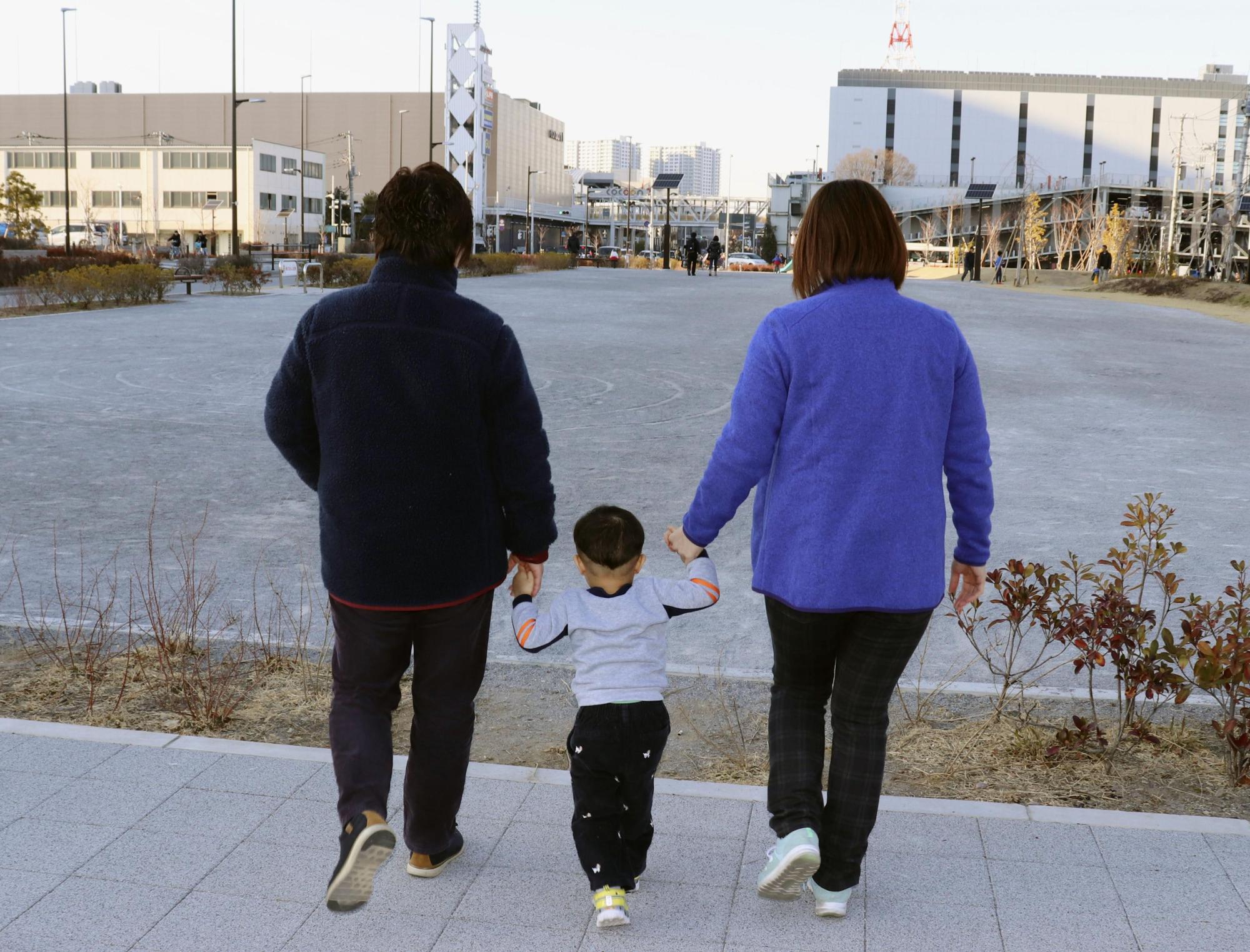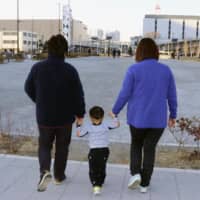Four medical facilities have provided assisted reproductive treatment for lesbian and transgender couples against the guidelines set by the Japan Society of Obstetrics and Gynecology, a survey showed Sunday.
Two medical facilities have used sperm from a third person to artificially inseminate lesbian couples, while three have used frozen sperm taken from transgender women before they had gender reassignment surgery, according to a survey conducted by Okayama University.
One facility said it is involved in both cases, and it is unknown whether any of these couples actually had a baby.
Under the guidelines, artificial insemination with donor sperm and sperm freezing are allowed only for cancer patients and legally married couples.
At least 1 in 11 people identify as LGBT in Japan, according to a survey conducted last year by major advertising agency Dentsu Inc. More municipalities are now providing “partnership certificates” to lesbian, gay, bisexual and transgender couples, but same-sex marriage is not legally recognized.
After conducting the first nationwide survey on reproductive treatment for LGBT people, Mikiya Nakatsuka, professor at the university, said U.S. and European academics propose no limits on such treatment for gender minorities.
But "the debate (on the issue) is not advancing in Japan," he said, adding that risks will increase if they rely on commercial sperm banks without specific rules.
The survey found LGBT people sought some reproductive treatment services, such as surrogate mothers, at 41 medical facilities.
Five facilities provided third-party sperm to wives of transgender men who had gender reassignment surgeries to change their sex on their family registries so they could be a legally married couple.
The survey obtained 492 anonymous responses from 1,131 hospitals and clinics surveyed in December last year.




